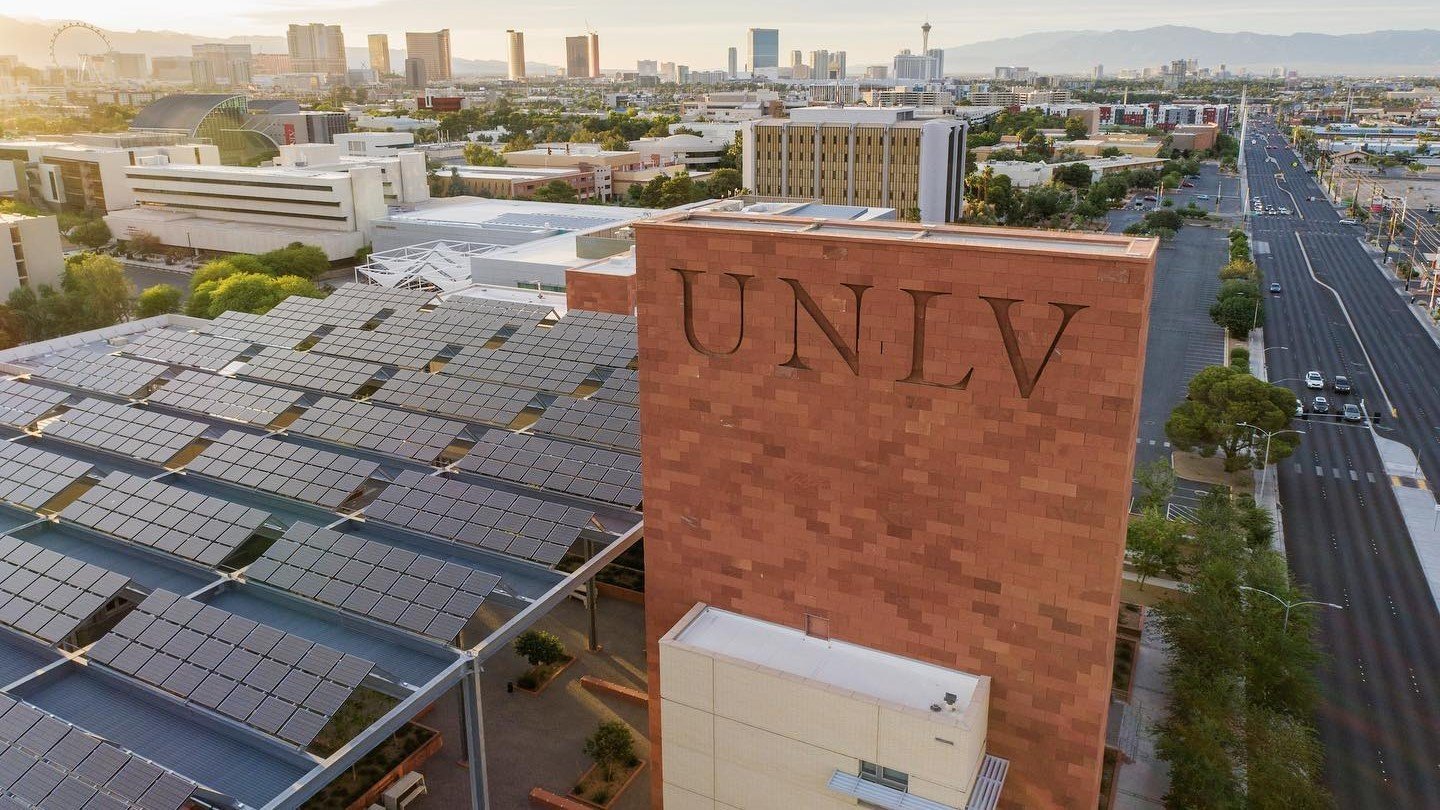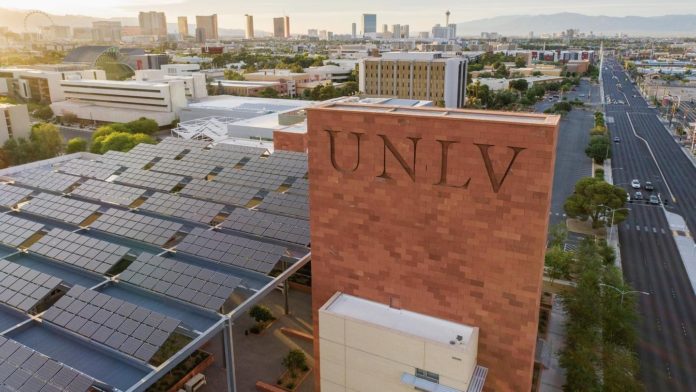A
new UNLV research claims a common strategy applied by casinos worldwide to increase play time on slot machines might not be the best choice. The action consists of lowering the “house edge,” which is the casino’s advantage when looking at the long-term difference between how much was wagered versus how much was paid out.
The idea is that if you play a slot machine with a 5% house advantage, you can expect to play for twice as long as a game with a 10% house advantage. However, according to a new study by professors Anthony Lucas and A.K. Singh, even when the house advantage was more than doubled, no statistical difference in the number of spins was observed for the individual gambler.
The researchers used an approach that simulated 100 years of weekly play and analyzed the outcomes produced by reel slot machines with hidden yet different house edges, under identical wagering rules. The results showed “a remarkably similar” number of spins on the games, despite big differences in the house edge.

While this is the first study to use this specific approach, it is the seventh in a series of studies by UNLV researchers confirming this general conclusion. This implies bad news for casinos: conventional thinking on how house edge works is costing them money.
“If individual players don’t see results from their play that allow them to detect differences in the house edge,” said Lucas, “there is an opportunity for gaming operators to keep a greater portion of the wagers. Even subtle changes in the frequency of big jackpots can make important contributions to the overall slot revenue.”
According to the professor, casinos might be leaving money on the table due to switching long-standing operating and marketing tactics being a hard sell in the industry. As a result, it may take some time for any new thinking on the subject to gain traction, claims Lucas.
According to him, market forces could ultimately jumpstart the process. With the global proliferation of casinos and a new generation of games hitting the market, savvy gamblers are becoming more interested in the nuances of their gaming experience, looking for a better return on their bets. The trend could force operators and game makers to revisit their understanding of how game mechanics affect the gambler’s experience.
The article on the casino strategy, called “The house edge and play time: Do industry heuristics fairly describe this relationship?”, was published in the latest UNLV Gaming Research & Review Journal (2021).
Anthony F. Lucas is a professor in UNLV’s William F. Harrah College of Hotel Administration, where he has developed award-winning research on the business aspects of the global gaming industry. He has expertise in casino marketing, casino management, business operations analysis, and slot operations.
Ashok Singh is an applied statistics expert who received his Ph.D. from Purdue University, West Lafayette, Indiana (1977). He is Chair and Professor at the UNLV’s Resorts, Gaming and Golf Management (RGGM) Department.
Original article: https://www.yogonet.com/international//noticias/2021/11/03/60053-unlv-study-lowering-house-edge-not-an-effective-strategy-to-increase-play-time














